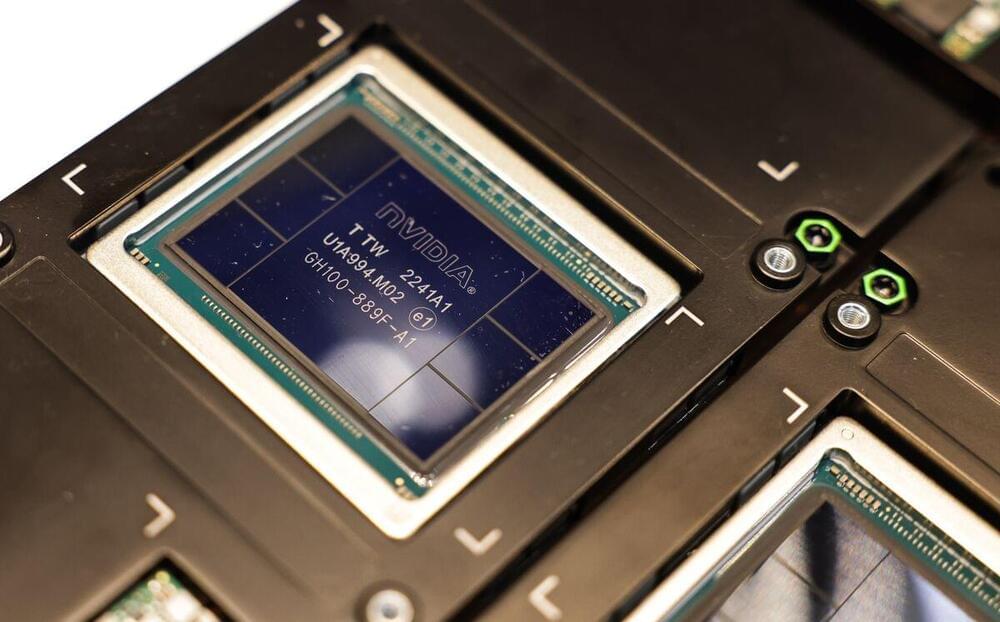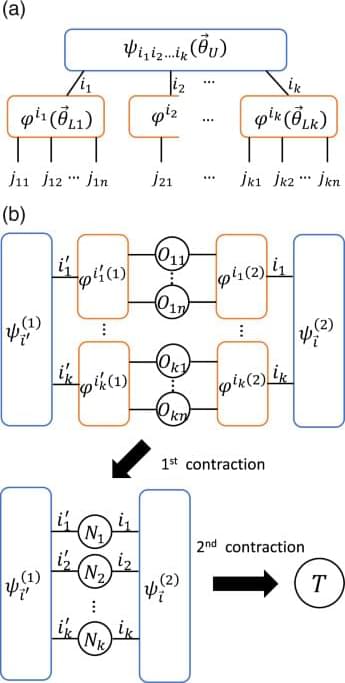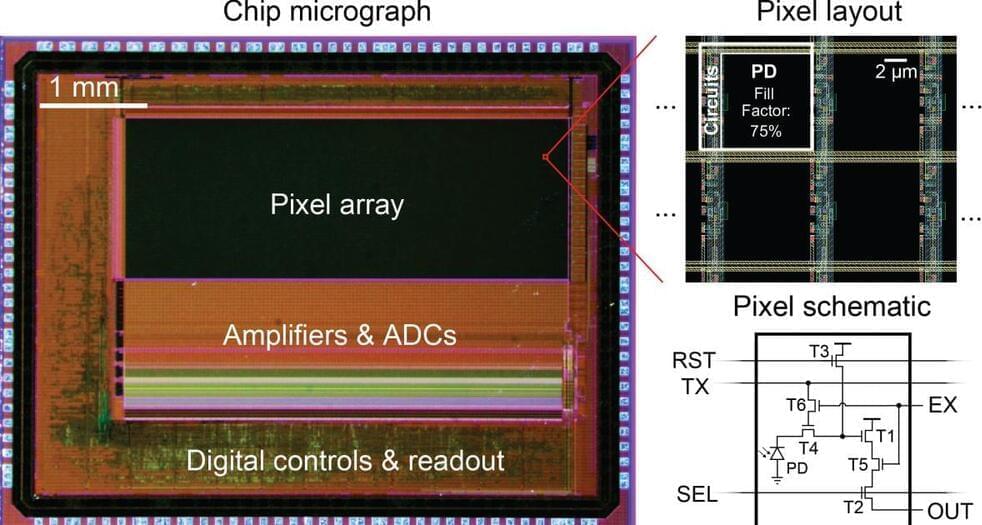DefenseScoop was exclusively briefed on Central Command’s new Desert Sentry commercial solutions opening, in partnership with the CDAO.



Nvidia was already the world’s most valuable semiconductor firm. Now, it’s become the first computer-chip company ever to hit $3 trillion in market capitalization, as.
For more:
Nvidia Corp. was already the world’s most valuable semiconductor firm. Now, it’s become the first computer-chip company ever to hit $3 trillion in market capitalization.

In the vast expanse of the cosmos, there is much more than meets the eye. For every kilogram of visible matter in the universe, from the computer on your desk to the distant stars and galaxies, there are 5 kilograms of invisible “dark matter” that permeate our surroundings.
This enigmatic dark matter evades direct observation yet exerts its invisible pull on the visible objects around us.
Fifty years ago, renowned physicist Stephen Hawking proposed a fascinating idea about the nature of dark matter. He suggested that it might consist of a population of black holes that formed in the early stages of the universe, mere moments after the Big Bang.
The pipe dream of carbon capture is one step closer to reality thanks to a Bill Gates-backed startup that is burying bricks made from plants.
The Washington Post detailed a “deceptively simple” procedure by Graphyte to sequester blocks of wood chips and rice hulls, calling it “a game-changer” for the industry, which has been held back by the cost ineffectiveness of other methods.
“The approach, the company claims, could store a ton of CO2 for around $100 a ton, a number long considered a milestone for affordably removing carbon dioxide from the air,” the outlet reported.

Kanno, S., Nakamura, H., Kobayashi, T. et al. npj Quantum Inf 10, 56 (2024). https://doi.org/10.1038/s41534-024-00851-8


Neuromorphic photonics is an emerging computing platform that addresses the growing computational demands of modern society. We review advances in integrated neuromorphic photonics and discuss challenges associated with electro-optical conversions, implementations of nonlinearity, amplification and processing in the time domain.
When element 61, also known as promethium, was first isolated by scientists at the Department of Energy’s Oak Ridge National Laboratory in 1945, it completed the series of chemical elements known as lanthanides. However, aspects of the element’s exact chemical nature have remained a mystery until last year, when a team of scientists from ORNL and the National Institute of Standards and Technology used a combination of experimentation and computer simulation to purify the promethium radionuclide and synthesize a coordination complex that was characterized for the first time. The results of their work were recently published in Nature.

For every kilogram of matter that we can see—from the computer on your desk to distant stars and galaxies—there are 5 kilograms of invisible matter that suffuse our surroundings. This “dark matter” is a mysterious entity that evades all forms of direct observation yet makes its presence felt through its invisible pull on visible objects.
Vortices are a common physical phenomenon. You find them in the structure of galaxies, tornadoes and hurricanes, as well as in a cup of tea, or water as it drains from the bathtub.